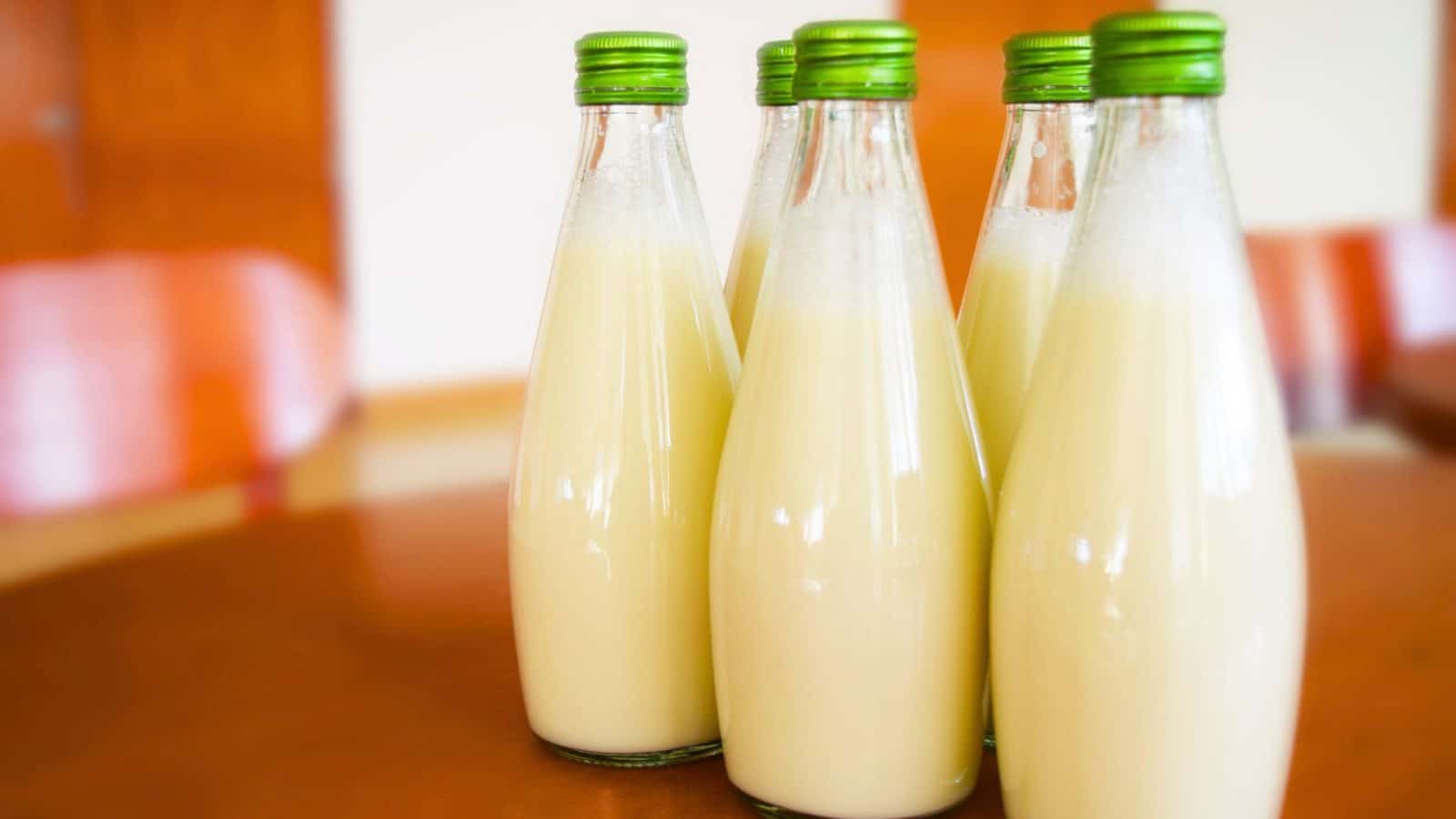Many health-conscious consumers are exploring alternatives to traditional cow’s milk. Goat milk has emerged as a popular option, offering unique benefits that set it apart from its bovine counterpart. Understanding the difference between milk from cows and goats can help you make an informed decision for your dietary needs.
Protein Content and Quality
Both cow and goat milk provide complete proteins containing all essential amino acids. However, goat milk offers slightly more protein compared to cow milk. The protein structure differs significantly between the two, with goat milk containing smaller protein molecules that are easier for your body to break down and absorb.
Fat Composition
Goat milk contains naturally smaller fat globules compared to cow milk. This structural difference makes goat milk easier to digest and creates its characteristic creamy texture.
Vitamin and Mineral Profile
Goat milk provides higher levels of calcium, potassium, and vitamin A compared to cow’s milk. It also contains more medium-chain fatty acids, which your body can quickly convert to energy. However, cow’s milk offers more vitamin B12 and folic acid, making both options nutritionally valuable in different ways.
Lactose Sensitivity
Goat milk contains slightly less lactose than cow milk, making it potentially easier to digest for those with mild lactose sensitivity. However, people with severe lactose intolerance should still exercise caution with both milk types.
Casein Protein Structure
The casein protein in goat milk is primarily A2 beta-casein, while cow milk often contains A1 beta-casein. Some research suggests A2 proteins may cause fewer digestive issues, though individual responses vary significantly.
Taste and Culinary Applications
Goat milk offers a distinctive flavor profile that’s slightly tangy, yet earthy with subtle sweetness. This unique taste makes it excellent for specialty cheeses and artisanal products. Cow’s milk provides a milder, more neutral flavor that works well in cereals, coffee, and baking applications.
Many find goat milk more palatable when it’s fresh and properly handled. The milking process significantly impacts flavor quality, with proper techniques ensuring the best taste experience.
Allergenic Potential
Some individuals who experience allergic reactions to cow’s milk proteins may tolerate goat milk better. Nevertheless, this isn’t universal, and anyone with confirmed milk allergies should consult health-care providers before trying alternatives.
Inflammatory Response
Goat milk may produce less inflammatory response in some people due to its different protein structure and fat composition. This potential benefit is worth considering for those with sensitive digestive systems.
Making Your Choice
Note your digestive tolerance, taste preferences, and nutritional goals when considering the differences between cow and goat milk. Goat’s milk offers superior digestibility and unique nutritional benefits, while cow’s milk provides familiarity and wider availability.
Understanding the difference between milk from cows and goats is essential for your dietary plan. Start by trying small amounts of milk to assess your tolerance and taste preference. Consider your cooking and drinking habits, as each milk type performs differently in various applications. Both options can contribute to a healthy, balanced diet when consumed as part of varied nutrition plans.
Recommended reading: Health Benefits of Including Brown Rice in Your Diet















